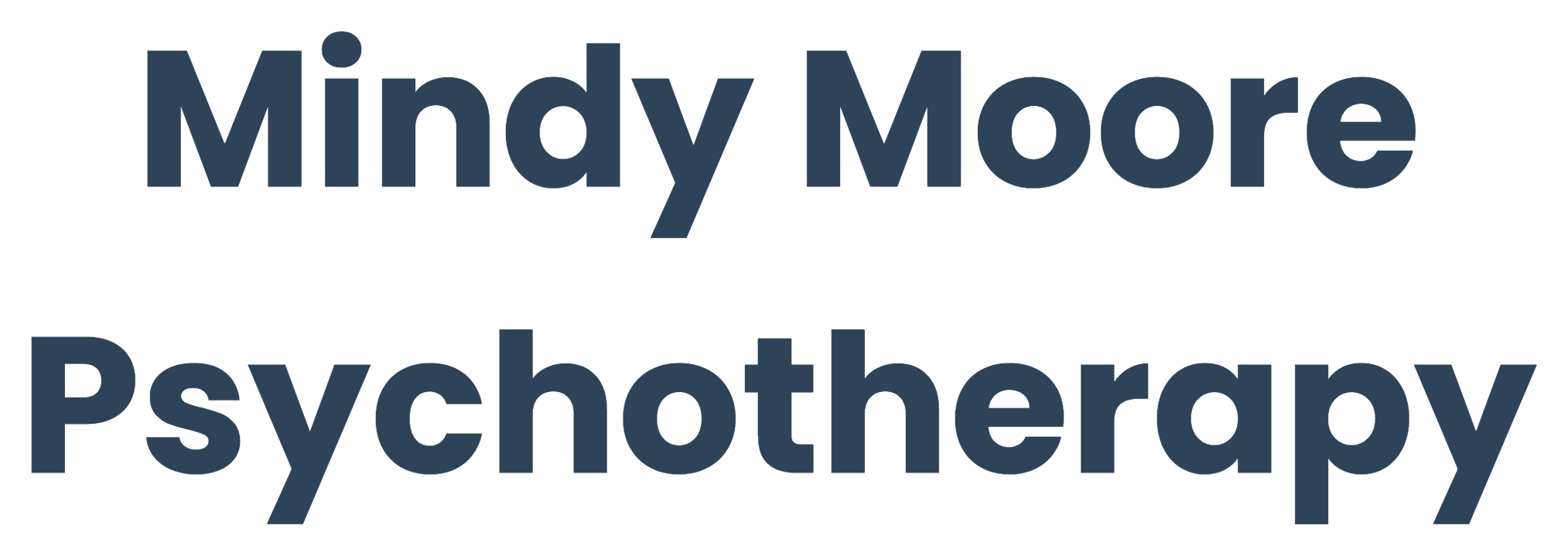FAQs
Is therapy right for me?
Seeking out therapy is an individual choice. There are many reasons why people choose to have therapy. Sometimes they want to deal with long-standing psychological issues, or problems with anxiety or depression. Other times it’s in response to unexpected life changes, such as a divorce or work transitions. Many seek the advice and counsel as they pursue personal exploration and growth. Working with a therapist can help provide insight, support, and new strategies for all types of life challenges. Therapy can help address many types of issues including depression, anxiety, trauma, conflict, grief, stress management and general life transitions. Therapy is right for anyone who is interested in getting more out of life by taking responsibility, creating greater self-awareness, and working towards change.
What is therapy like?
Every therapy session is unique and caters to an individual and their specific goals. It is standard for therapists to discuss the primary issues and concerns in your life during therapy sessions. It is common to schedule a series of sessions, where each session lasts around fifty minutes. Therapy can be short-term, focusing on a specific issue, or longer-term, addressing more complex issues or ongoing personal growth. There may be times when you are asked to take certain actions outside of the therapy sessions, such as reading a relevant book or keeping records to track certain behaviors. It is important to process what has been discussed and integrate it into your life between sessions. For therapy to be most effective you must be an active participant, both during and between the sessions. People seeking psychotherapy are willing to take responsibility for their actions, work towards self-change and create greater awareness in their lives.
Do you accept insurance? How does insurance work?
To determine if you have mental health coverage, the first thing you should do is check with your insurance carrier. Check your coverage carefully and find the answers to the following questions:
*What are my mental health benefits?
*What is the coverage amount per therapy session?
*How many therapy sessions does my plan cover?
*How much does my insurance pay for an out-of-network provider?
*Is approval required from my primary care physician?
Why shouldn’t I just take medication?
Medication can be effective but it alone cannot solve all issues.
Working with a medical doctor can determine what’s best for you. It is well established that mental and emotional problems, and the pain they cause, cannot be solved solely by medication in the long-term. Instead of treating the symptom, therapy addresses the cause of our distress and the behavior patterns that curb your progress. You can best achieve sustainable growth and a greater sense of well-being with an integrative approach to wellness.
I can usually handle my problems. Do I really need therapy?
Everyone goes through challenging situations in life, and while you may have successfully navigated many difficulties you’ve faced, there’s nothing wrong with seeking out extra support when you need it. Having enough self-awareness to realize when you need a helping hand, is to be admired. By taking responsibility and accepting where you’re at in life, you’re making a commitment to change the situation by seeking therapy. Therapy provides long-lasting benefits and support, giving you the tools, you need to avoid triggers, re-direct damaging patterns, and overcome the challenges you face.
How will therapy help me?
Several benefits can emerge from participating in psychotherapy. Therapists can provide support, problem-solving skills, and enhanced coping strategies for issues such as depression, anxiety, trauma, relationship troubles, unresolved childhood issues, grief, stress management, and many more. Many people also find that counselors can be tremendously helpful in managing personal growth, interpersonal relationships, family concerns, marriage issues, and the hassles of daily life. Therapists can provide a fresh perspective on difficult problems or point you in the direction of a solution. The help you obtain from therapy depends on how well you use the process and practice what you learn.
Is therapy confidential?
In general, the law protects the confidentiality of all communications between a client and psychotherapist. No information is disclosed without prior written permission from the client. However, there are some exceptions required by law to this rule. Exceptions include:
Suspected child abuse, dependent adult or elder abuse. The therapist is required to report this to the appropriate authorities immediately.
If a client is threatening serious bodily harm to another person. The therapist is required to notify the police.
If a client intends to harm himself or herself. The therapist will make every effort to work with the individual to ensure their safety. However, if an individual does not cooperate, additional measures may need to be taken.


